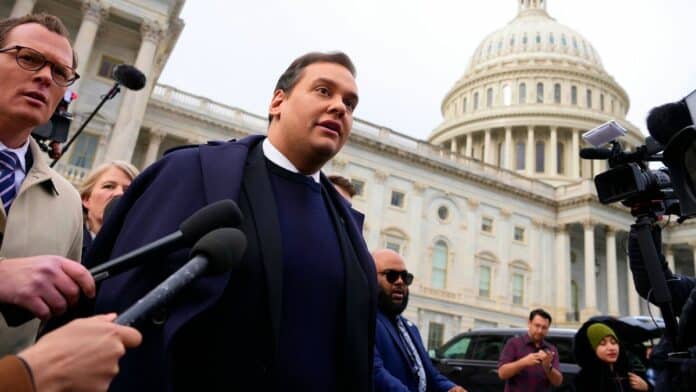Colorado bank robberies are climbing again, even as the rest of the nation sees a decline, according to new FBI data and warnings from state banking leaders. Colorado recorded 104 bank robberies in 2023, ranking third in the nation behind California and Illinois.
“Colorado, unfortunately, has always been high in robbery,” said Jenifer Waller, CEO of the Colorado Bankers Association. “We compete with California and a few other states for the number one position on bank robberies.” She said robberies dipped after 2021, when the state saw 191 incidents, but noted, “We saw what I would consider a drastic increase a little over a year ago.”
The recent spike comes as law enforcement reports more organized criminal activity and old-fashioned heists. In one September incident, a man pulled a gun on a teller at a BMO Bank branch in Aurora, fleeing with $1,000 before being arrested days later.
Waller pointed to economic pressure and Colorado’s easy highway access as possible factors but stressed that “banks are very proactive. Our number one priority is ensuring the safety of our customers and employees.”
Most robberies remain nonviolent, often involving a note rather than a weapon, but the emotional toll is real. “Bank robbery isn’t a victimless crime,” Waller said.
Colorado banks are also facing new threats like “jugging,” where criminals follow customers leaving banks and rob them of cash withdrawals.
“Customer and employee safety is our number one priority,” Waller emphasized, urging customers to comply with robbers and report details afterward.














